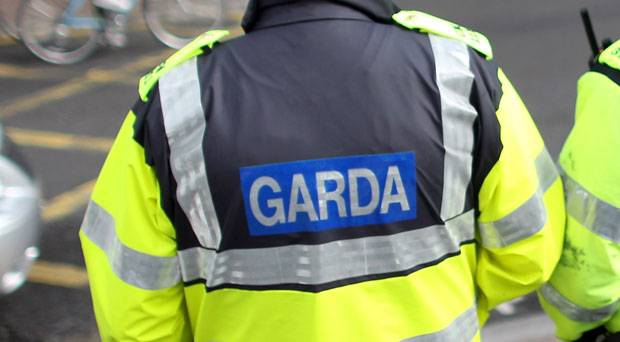 THE man responsible for inspecting garda standards has said senior garda management failed to implement the Morris Tribunal recommendations – and if they had done, it would have stopped future controversies.
THE man responsible for inspecting garda standards has said senior garda management failed to implement the Morris Tribunal recommendations – and if they had done, it would have stopped future controversies.
Bob Olson, head of the Garda Inspectorate, was speaking at the MacGill Summer School last night.
Speaking on the issue ‘Transforming the Garda Síochána into a modern, efficient and effective police service’ Mr Olson attacked garda management for two decades of failure.
The Morris Tribunal investigated allegations of corruption among some members of the gardaí in Donegal and the framing of the McBrearty family members for murder.
His most recent report and the one which covered the overall structure and operation of the garda service was submitted to the Minister for Justice and Equality late last year and was called ‘Changing Policing in Ireland’.
Olson said: “The core aim of this review is to modernise and restructure the Garda Síochána to ensure that the greatest proportion of personnel is deployed on front-line policing services. If the recommendations contained in this report are implemented, the Garda Síochána will achieve best practice and be in a position to set international standards for policing.
“During this review, the Inspectorate noted that a significant number of the recommendations made in one form or another in previous Inspectorate and other government sponsored reports over the last two decades, have not been implemented. Of particular interest was the Report of the Steering Group on the Efficiency and Effectiveness of the Garda Síochána, which was published in June 1997, and completed within the framework of the Strategic Management Initiative (SMI).
“The Inspectorate is of the opinion that many of the previous policing issues that resulted in inquiries, tribunals and government reports could have been minimised or avoided; if the recommendations made in those reports had been implemented and some fundamental changes made.”
He told the audience at the Highlands Hotel: “During our last two pieces of work, we consulted with over 2,500 Garda personnel and a broad range of external stakeholders, including local communities. The public consistently highlighted that they have noticed a reduction in police visibility and they want to see more uniform gardaí in their communities.
“These consultations included an examination of the culture of the organisation. It should be acknowledged that cultural strengths identified by garda personnel, include a ‘can do’ attitude and a sense of duty. Nevertheless, the current operational culture is inhibiting change and preventing the Garda Síochána from reaching their full potential. Many staff view their organisation as insular, defensive and operating with a blame culture, that results in leaders that are risk averse in making decisions.”
Donegal
Mr Olson said: “We have recommended a significant change from a district to a divisional structure. As regards this county, Donegal is the policing Division and there are four districts, one of which is Ballyshannon, and within that district there are a number of local garda stations, including one here at Glenties.
“The Garda Síochána currently operates with 6 regions, 28 divisions and 96 districts within which there are 124 individual duplicative administrative units. All 96 districts have the same type of units operating such as 96 administrative units, 96 community policing units and 96 detective units.
This is not an efficient structure.
• The Inspectorate has found a lack of consistency in the management of criminal investigations across the 96 districts and poor and inconsistent supervisory practices of those investigations.
• The current district non-physical dividing lines negatively impact on policing services.
• There is also an imbalance of allocation of members across the whole organisation that has caused many areas of the country to be under-staffed.
“We believe that there are at least 1500 gardaí in non-operational posts that can be released for front-line duties. By creating 28 unified divisional administration units from the current 124 in existence, significant economies of scale will allow, as a first step, for the release of the 250 sworn administrative positions indentified in the Changing Policing in Ireland report for front line duties. The further amalgamation of several divisions recommended in the report will release even more.”
Tags:







